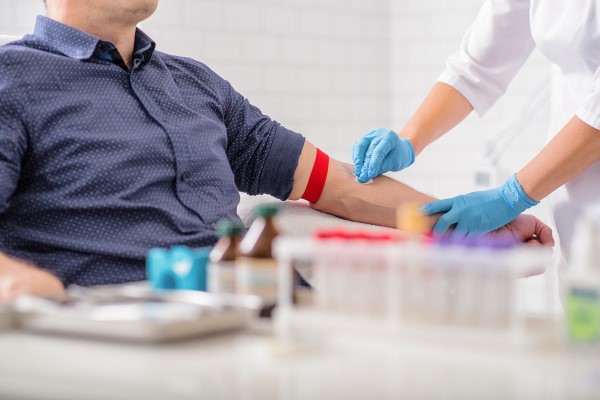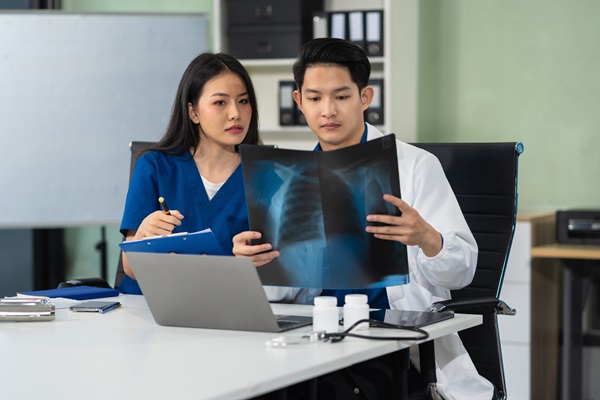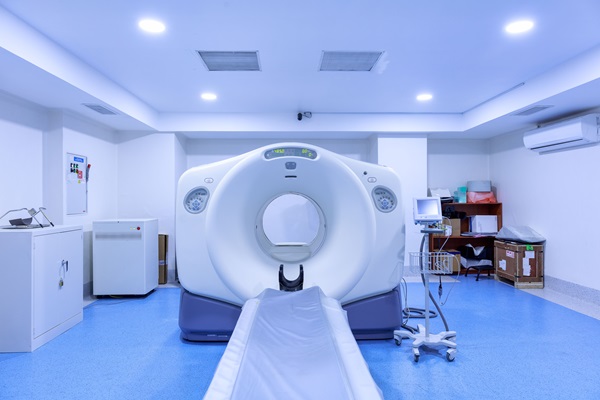Why Get Laboratory Services at Urgent Care?

Emergency rooms for urgent care services provide many medical services and treat a wide variety of health conditions. These facilities are fully equipped to evaluate and treat minor illnesses and conditions such as a broken bone, strep throat and urinary tract infections. If you need the confirmation of a diagnosis, bloodwork or any other lab services, you should consider going to an emergency room. This is recommended especially if you need test results faster than your primary care doctor can get them.
Emergency rooms for urgent care and lab services
Many emergency rooms for urgent care services offer a number of lab services to better diagnose and assist patients. Laboratory services may be in conjunction with other treatment procedures and diagnostics. The lab services offered at these facilities are the same types of services that are offered through a primary care doctor. Going to an emergency room is ideal especially when a primary care doctor’s office is closed. Some of the lab services include blood tests, strep tests, flu and rapid flu tests, electrolyte testing and STD tests. Here are some reasons to get laboratory services at an emergency room.
Convenience
A major reason why many people go to emergency rooms for urgent care is because of convenience. Emergency rooms are often easily accessible and widespread. The accessibility of these clinics can ensure that a person gets the needed lab tests when a regular primary care doctor is not available. A person can just show up at a clinic for particular tests or check in online. Some usually open earlier than a regular doctor’s office and often remain open until the late evening or in some cases even all night.
Efficiency
At emergency rooms for urgent care services, the time spent waiting for a health care provider is usually minimal. This makes the facilities a viable health care option for lab services. Some emergency rooms for urgent care services allow appointments, but others cater to people who need medical help on a first come, first served basis. It is important to note that emergency rooms that do not accept appointments may allow people to check in online. This reserves a person’s spot in line and helps ensure that a patient can see a health care provider faster. A person will not have to wait for a long time in the waiting room.
Takeaway
There is a common misconception that emergency rooms have limited capabilities. However, these facilities are ideal for lab testing. A good emergency room for urgent care services can provide many lab services ranging from blood tests to strep tests. Medical testing at an emergency room is convenient and efficient.
With emergency rooms, you do not have to spend a lot of time in the waiting room for medical tests. You can just walk into an emergency room and get the medical test you need at your convenience. Result turnaround often takes a few minutes or sometimes a number of days depending on the test. Contact an emergency room to find out if they provide the medical test you need and then schedule an appointment. The experienced staff will ensure you get the test results as fast as possible.
Call us today at (832) 941-1894 for more information from Texas Urgent Care & Imaging Center.
Check out what others are saying about our services on Yelp: Read our Yelp reviews.
Recent Posts
X-rays are popular tools medical professionals use to diagnose a wide range of health conditions quickly and safely. They allow these professionals to see inside the body without invasive procedures, making them invaluable in urgent and primary care settings. Whether identifying fractures, monitoring chronic conditions, or detecting abnormalities, X-rays are critical in ensuring timely and…
A CT scan, or computed tomography scan, is a diagnostic tool that provides detailed images of the body’s internal structures. This non-invasive procedure helps medical professionals diagnose and monitor various conditions, from injuries to chronic illnesses. Knowing what to expect during a CT scan can ease concerns and prepare patients for a smooth experience.A CT…
If you work in public transportation, you may need to have a DOT drug screening. The Department of Transportation (DOT) regulates this test and requires it for you. You might be wondering what this test is like. Keep reading to learn more.Congress passed the Omnibus Transportation Employee Testing Act in 1991. Congress knew that the…
Walk-in clinic provide convenient, accessible health care for non-emergency medical needs, making it an ideal choice when immediate attention is necessary. Understanding when to visit a clinic can help patients save time, avoid unnecessary trips to the emergency room, and receive quality care for their health concerns. These clinics handle various issues, offering fast, professional…


